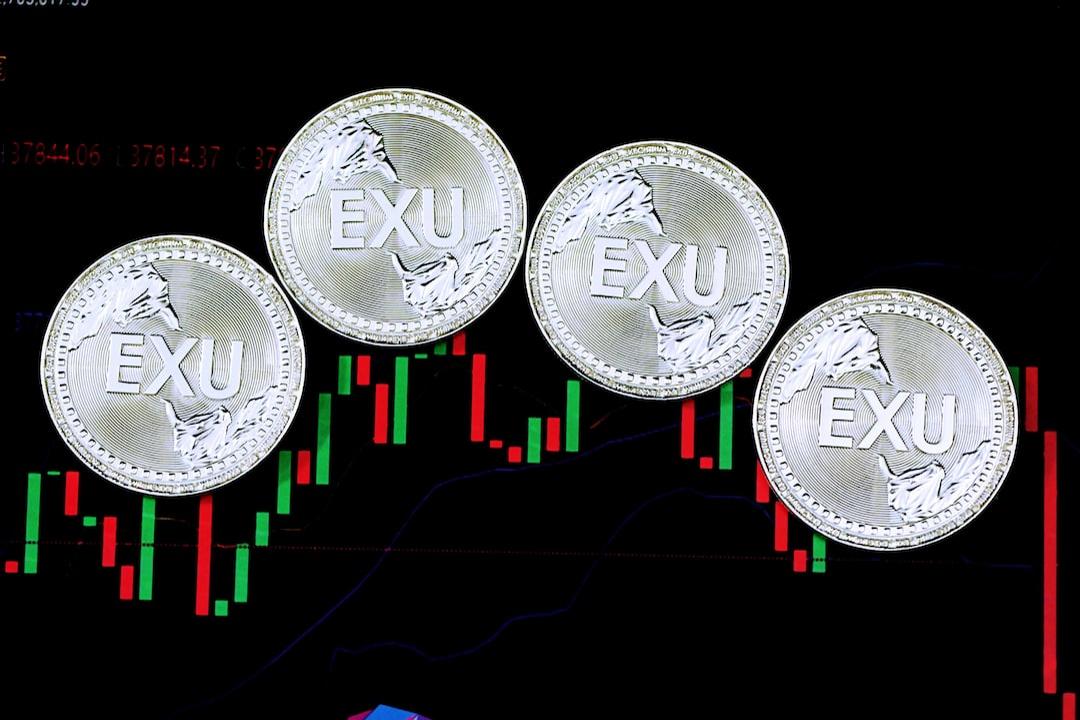Central bank digital currencies (CBDCs) have sparked significant concern among the general public, a sentiment that was evident at the recent Oslo Freedom Forum. The fear of governments abusing their authority resonates strongly with individuals, particularly those who are battling for freedom in oppressive regimes.
For those unfamiliar, the Oslo Freedom Forum is a yearly event organized by the Human Rights Foundation in Oslo, Norway. It serves as a platform for activists to share their stories of living under authoritarian rule and to advocate for a brighter future.
During my time at the forum, I dedicated the initial days to educating attendees about the implications of CBDCs using materials provided by the Human Rights Foundation.
Receiving feedback from activists, government officials, and citizens alike, a common sentiment echoed through their words: “I had no knowledge of my country’s involvement in this.” It is disheartening to witness the public being left uninformed and excluded from crucial discussions.
The context of the Oslo Freedom Forum sheds light on the reasons behind this apprehension. Governments worldwide have repeatedly exploited the financial system to suppress dissent. Examples like Carlos Chamorro in Nicaragua, Jimmy Lai in Hong Kong, and Alexei Navalny in Russia showcase the lengths to which authorities will go to stifle opposition.
Chamorro faced statelessness and asset seizure for speaking out against the Nicaraguan dictatorship, while Lai is currently imprisoned for advocating democracy in Hong Kong. Navalny paid the ultimate price for challenging Putin’s regime in Russia. The freezing of bank accounts and seizure of assets are common tactics used by oppressive governments to silence dissent.
As I took the stage on the third day, I engaged in discussions with Charlene Fadirepo and Roger Huang, authors of insightful pieces on CBDCs. They highlighted the inefficiencies observed in the rollout of CBDCs in Nigeria and China, signaling potential government shortcomings in managing such initiatives.
There is a looming risk that governments may resort to coercive measures to compensate for their inadequacies. This could further escalate control over citizens’ finances, posing a grave threat to human rights and dissenting voices.
The stories shared at the Oslo Freedom Forum underscore the urgency of raising awareness about the implications of CBDCs. Ensuring that people are informed and empowered to resist encroachments on financial privacy is crucial in the fight for human rights.
In a world where governments seek to control income and limit dissent, the need for vigilance and advocacy is paramount. The forum serves as a reminder of the power of speaking out against injustice and standing up for fundamental freedoms.
Nicholas Anthony’s insights, as presented in this article, shed light on the implications of CBDCs and the potential threats they pose to financial privacy and human rights. It is a call to action for individuals to stay informed, engaged, and vigilant in the face of growing government control over financial systems.

